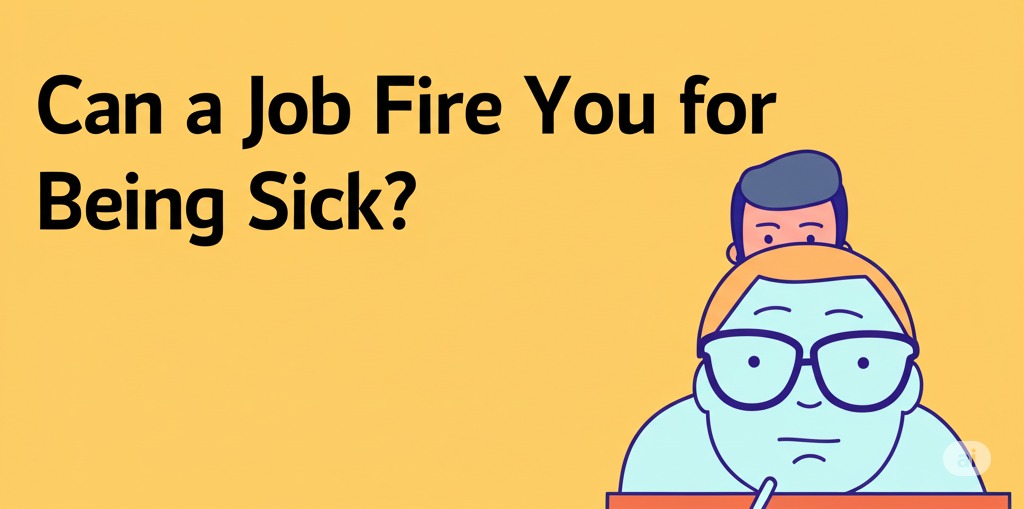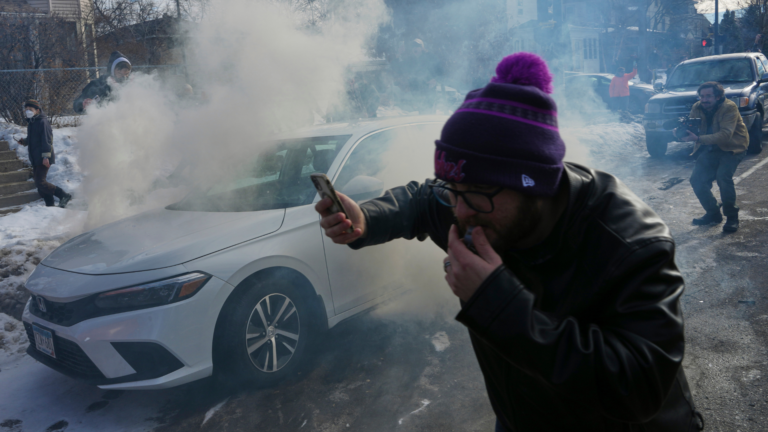
In a world where work demands can be intense and employee well-being is often sidelined, the question arises: Can a job fire you for being sick? It’s a concern many workers have when faced with an illness, wondering how their absence will impact their job security. Understanding your rights and the laws that protect you is crucial in these situations. In this article, we’ll explore the legalities around being fired for illness, what protections are available, and how to navigate the complexities of workplace policies.
Understanding Your Rights When Sick
When you fall ill and need time off from work, it’s important to know where you stand legally. In many cases, your rights as an employee are protected under federal and state laws, but the specifics can vary depending on your location and employer.
The Family and Medical Leave Act (FMLA)
One of the primary protections for workers in the U.S. is the Family and Medical Leave Act (FMLA). This law allows eligible employees to take up to 12 weeks of unpaid leave per year for serious health conditions, without fear of losing their job. However, this only applies to employers with 50 or more employees and only to employees who have worked for the company for at least 12 months.
Under FMLA, you are entitled to job protection, meaning your employer cannot fire you for taking medical leave. However, there are some nuances:
- Eligibility: You must meet specific criteria to qualify for FMLA leave.
- Unpaid Leave: The leave is unpaid, unless your employer offers paid time off or short-term disability benefits.
- Serious Health Condition: The illness must be serious enough to require extended time away from work.
Americans with Disabilities Act (ADA)
Another important law that protects employees from discrimination due to illness is the Americans with Disabilities Act (ADA). The ADA ensures that employees with disabilities, including those with chronic illnesses, are entitled to reasonable accommodations at work. This can include modified schedules, working from home, or additional breaks.
While the ADA doesn’t prevent an employer from firing someone with a disability, it does require employers to make reasonable accommodations for employees who need them. If you’re absent due to a disability, your employer cannot fire you simply because you’re sick, provided that you’re requesting reasonable accommodations and not causing undue hardship to the company.
Can You Be Fired While on Sick Leave?
While laws like FMLA and the ADA provide substantial protection, the reality is that some employers may still terminate employees during their sick leave. However, they must have a legitimate, non-discriminatory reason for doing so.
At-Will Employment
In many states, employment is “at-will,” meaning employers can fire employees for any reason or no reason at all, as long as it doesn’t violate discrimination laws or contractual obligations. If you’re in an at-will state and your illness causes extended absenteeism, an employer may legally terminate your employment. However, if the firing is based on your illness or disability, this could constitute illegal discrimination.
Constructive Dismissal
In some cases, prolonged sickness may lead to a “constructive dismissal,” where an employee is forced to leave due to the employer’s actions, like making the work environment unbearable during their sick leave. This could also be grounds for a legal claim, depending on the circumstances.
How to Protect Yourself from Being Fired While Sick
The key to protecting yourself from being fired while sick lies in clear communication, understanding your rights, and knowing what steps to take if problems arise.
Know Your Employer’s Sick Leave Policy
Before taking time off, familiarize yourself with your company’s sick leave policy. Some employers offer paid sick days, while others may not. Understanding the rules surrounding your sick leave can help you plan ahead.
- Request Leave Properly: Make sure to notify your employer as soon as possible about your illness and request time off according to the company policy.
- Keep Documentation: If your illness is serious or requires extended leave, provide medical documentation to support your request for time off.
- Understand Your Coverage: If you qualify for FMLA or short-term disability, make sure you understand how these benefits can be used to protect your job.
Stay in Communication with Your Employer
While on sick leave, it’s important to maintain open lines of communication with your employer. Update them on your progress and expected return date. If your illness requires more time off, notify your employer in advance and provide updated medical information if necessary.
Consult a Lawyer if Necessary
If you feel that your employer is treating you unfairly or is attempting to fire you for reasons related to your illness, it may be wise to consult an employment lawyer. They can guide you through the process, help you understand your rights, and, if necessary, represent you in legal action.
Conclusion: What You Need to Know
In summary, while it is generally illegal for an employer to fire you for being sick, the specifics depend on the nature of the illness, the length of time you’ve been employed, and the applicable laws in your region. Protections such as the FMLA and ADA can help safeguard your job during an illness, but understanding your rights and keeping open communication with your employer is key. If you’re concerned about losing your job due to sickness, make sure to:
- Know your rights under the FMLA and ADA.
- Understand your employer’s sick leave policy.
- Communicate clearly and provide necessary documentation.
- Seek legal counsel if necessary.
By taking these steps, you can better protect yourself during a health crisis and ensure that your job remains secure during your time of need.

Andre Cuevas provides career insights, job search strategies, and professional advice to help individuals navigate the job market and achieve their career goals.






